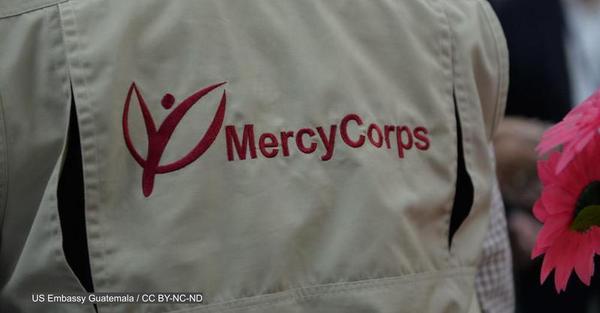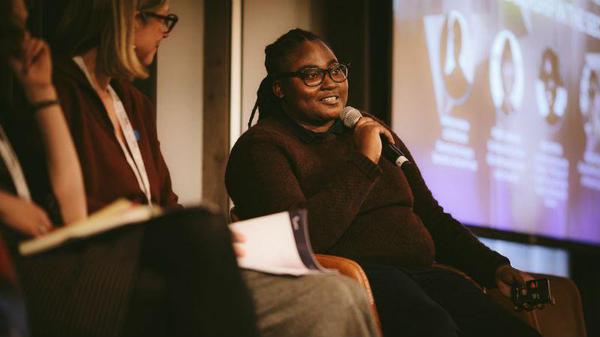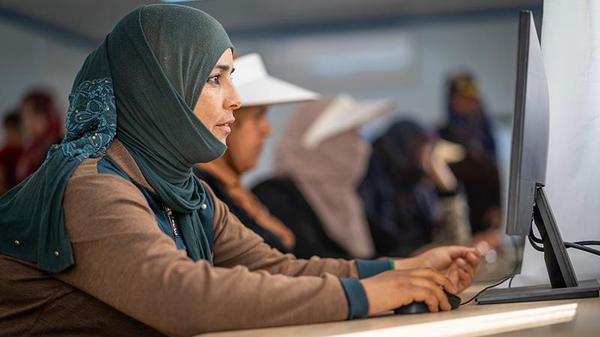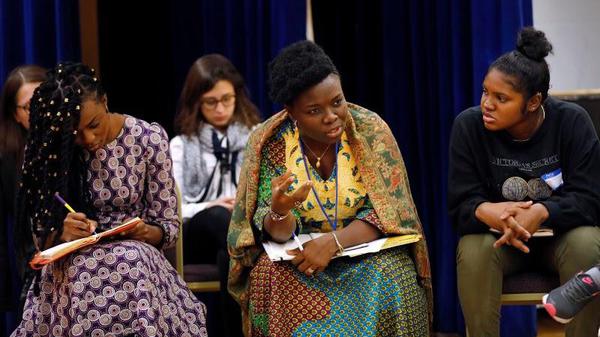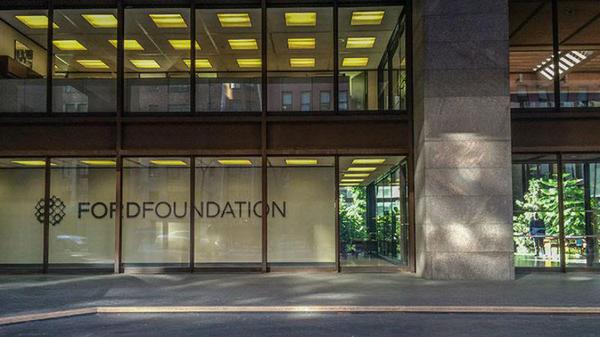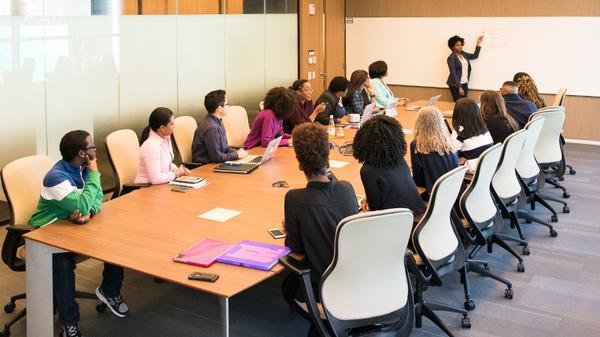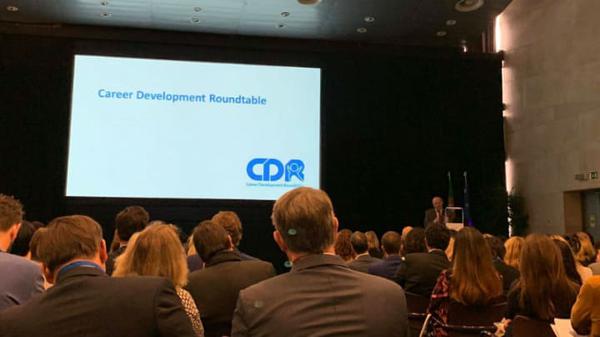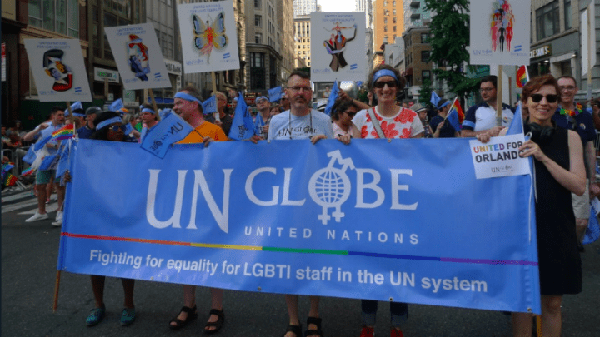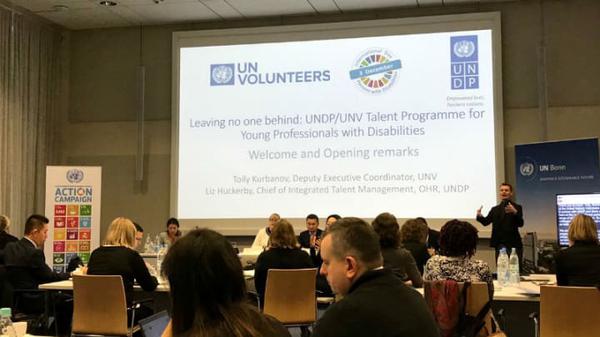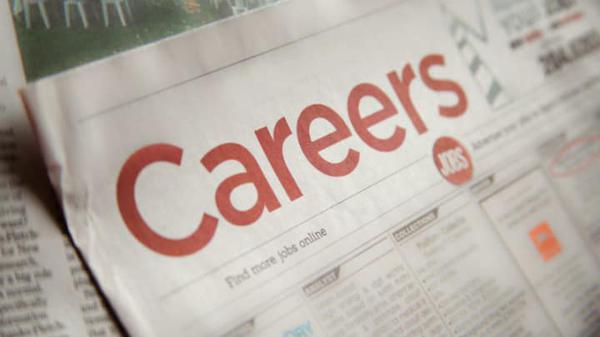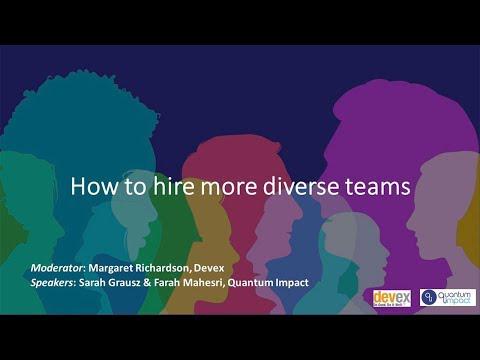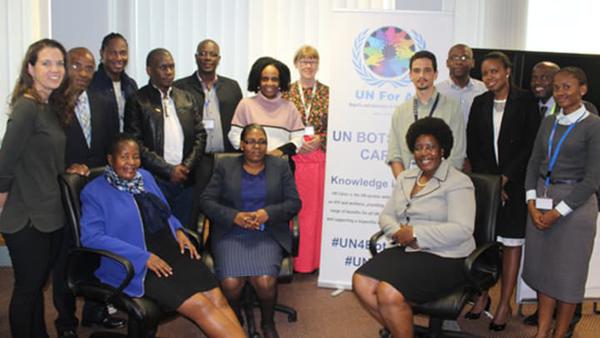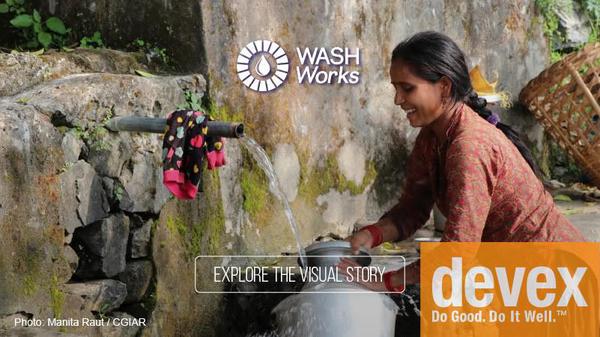
How partnerships are driving inclusion in the WASH sector
Worldwide, 1 in 3 people still lacks access to safe drinking water, and 3 billion lack basic hand-washing facilities. Safe sanitation remains unavailable to more than half of the global population, and over 670 million people practice open defecation. Access to WASH services can also vary significantly between urban and rural settings, and installing new facilities is considered easier than maintaining existing ones in many cases.
Despite being responsible for water collection in about 80% of h
Despite being responsible for water collection in about 80% of h
